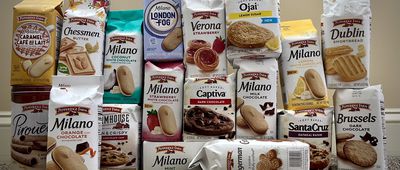Save Money While Eating Well
From clipping coupons to using cash-back apps to knowing which items to avoid, shoppers employ many tactics to reduce grocery bills. With an ever-growing array of tempting foods to impulsively add to a shopping cart, learning tips and tricks to streamline your shopping experience is essential to maintaining a healthy budget. These 50 practices will help keep the cost of groceries in check.
Related: Pantry and Freezer Staples Worth Buying in Bulk



























































